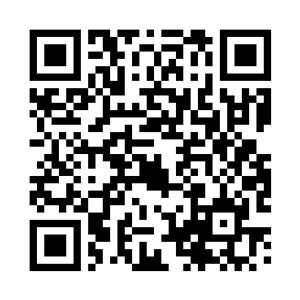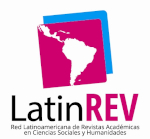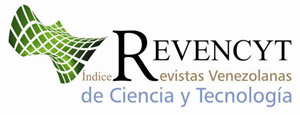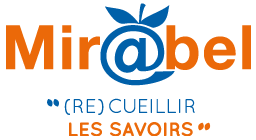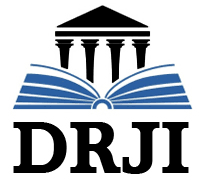Physical education and interdisciplinarity for the construction of integral corporality of the primary education teacher
Keywords:
physical education, interdisciplinarity, integral corporality, primary educationAbstract
This essay emerges from the reflection on the relationship that exists between physical education and interdisciplinarity for the construction of the integral corporality of the student of the Primary Education level in the Venezuelan educational context. This analysis is supported by the relationship between these fundamental aspects for the integral formation of the student. Hence, the area of knowledge of physical education, not only train the student through the principles of human motor skills and the development of motor behaviors, but also considering the principles of interdisciplinarity to develop educational actions from disciplines and scientific theories in accordance with the conception of integral corporeity, adapting them to the needs of students, taking into account the conception of integral corporeity, whose base is present in the sociocultural context of the primary education student.
Downloads
References
Antolín, L. (2013). Expresión corporal. Fundamentos motrices. Universidad de Valencia. España.
Bes, B. (2019). La interdisciplinariedad de la materia de Educación Física con la materia de matemáticas. [Trabajo de Grado, Universidad de Zaragoza. España]. https://zaguan.unizar.es/record/85857/files/TAZ-TFG-2019-339.pdf
Cachón, J. (2006). Educación, Interdisciplinariedad y Pedagogía. Pampedia (3), 22-26. https://docplayer.es/72043187-Educacion-interdisciplinariedad-y-pedagogia-jorge-chacon-reyes.html
Constitución de la República Bolivariana de Venezuela. (1999). Gaceta Oficial de la República de Venezuela, (Extraordinaria) 36.860, diciembre 30, 1999. http://www.mppp.gob.ve/wp-content/uploads/2018/05/GO-36860_constitucion3.pdf
Guarnizo, N. (2020). El aporte significativo del desarrollo humano por parte de la educación física en la ciudad de Villavicencio. Revista proyección social. 4(1), 35–44. https://journalusco.edu.co/index.php/rps/article/view/3026/4087
Heidegger, M. (1951). El Ser y el Tiempo. México: Fondo de Cultura Económica.
Ley Orgánica de Educación. (2009) Gaceta Oficial Gaceta Oficial de la República de Venezuela, 5.929 (Extraordinario), agosto 15, 2009. https://pandectasdigital.blogspot.com/2016/08/ley-organica-de-educacion_7.html
Merleau-Ponty, M. (2000). Fenomenología de la percepción. Barcelona, España: Península.
Oña, A. (2002). La ciencia en la actividad física: Viejos y nuevos problemas. Revista Motricidad. 9, 9-42. Universidad de Granada.
Rodríguez, M. (2009). La actualidad de la educación física en el desarrollo integral del ser humano. InterSedes. 9(17) 121-133. https://revistas.ucr.ac.cr/index.php/intersedes/article/view/909
Van Manen, M. (2003). Investigación educativa y experiencia vivida. Ciencia humana para una pedagogía de la acción y la sensibilidad. Barcelona; ideas Brooks.
Zubiri, X. (1986). Sobre el hombre. Madrid: Alianza.
Published
How to Cite
Issue
Section
License

This work is licensed under a Creative Commons Attribution-NonCommercial-ShareAlike 4.0 International License.





